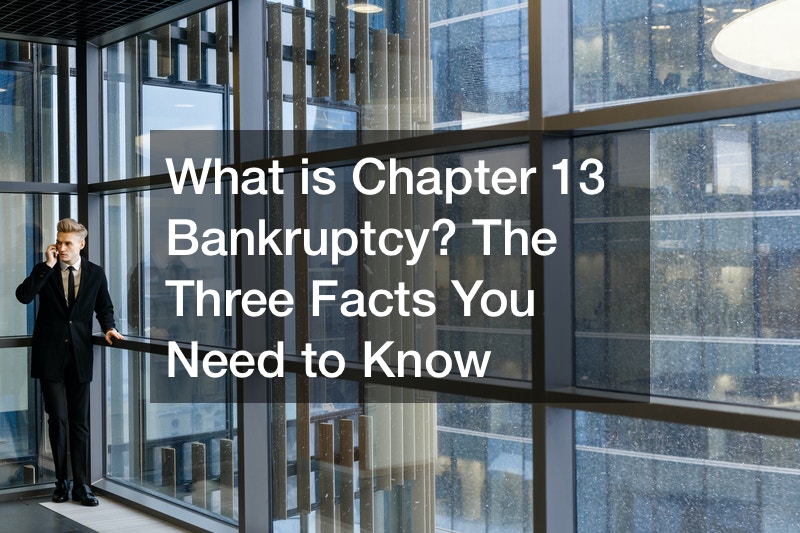
In case your debts are overwhelming you, there are programs to protect you. Chapter 7 and Chapter 13 bankruptcy will help you eliminate or reduce the debt. If you have bankruptcy chapter 13 petition filed, you can keep your property. It protects them from being sold. This means that after completing the repayment plan set by the court, you get your property back.
The Advantages of Chapter 13 over Chapter 7
According to this program, there are specific debts that you must pay. The ones you owe your creditors must be repaid. The best thing about chapter 13 is that it allows you to avoid paying unsecured debts like medical bills. This is better than chapter 7 when part of your assets is sold to pay the debts.

However, there are chapter 13 income requirements that determine the amount of time given to repay the debts. Chapter 13 credit card debt is part of the secured debt that must be paid before your unsecured debts are discharged. However, your credit card score may fall when you apply for this protection.
Can I file chapter 13 online? This is a common question. The good news is that it is possible to apply online. However, you need a chapter 13 bankruptcy attorney to assist you with the right options. There are several bankruptcy documents that you require completing. You must also provide a proposal on how you will repay the debts.

What is Chapter 13 bankruptcy?
Chapter 13 bankruptcy is a way for people to climb back out of unmanageable debt with the help of a Chapter 13 bankruptcy attorney and the bankruptcy court. It’s second only to Chapter 7 bankruptcy as the most common form of bankruptcy — in 2013, approximately 333,626 filed Chapter 13 bankruptcy.
But how can you tell if this form of bankruptcy is the right choice for you and your unique financial needs? What makes it different from Chapter 7 or even Chapter 11 bankruptcy?
Whether you’re new to the Chapter 13 bankruptcy timeline or you simply want to deepen your knowledge of this form of bankruptcy help, these three facts will explain all you need to know about Chapter 13 bankruptcy:
In Chapter 13 bankruptcy, the focus is on you rather than your creditors
When an individual files Chapter 7 bankruptcy, most of the focus is put on that person’s creditors — after all, it’s these creditors that must bear the brunt of the person’s debts being discharged. In contrast, Chapter 13 bankruptcy focuses more on you, the debtor. That’s because the primary purpose of a Chapter 13 bankruptcy timeline is to establish a debt repayment plan that fits with your income.
Chapter 13 bankruptcy keeps you protected from foreclosure
During a Chapter 13 bankruptcy, you will be under a form of protection called an “automatic stay.” This essentially means that you are protected from creditors throughout your bankruptcy. If you feel you are at risk of foreclosure, a Chapter 13 bankruptcy will stop any foreclosure proceedings, allowing you to work out a repayment plan before your creditor can claim your home and property.
Chapter 13 bankruptcy can make repaying debt easier
In a Chapter 13 bankruptcy, it’s common for a debtor to not be required to pay off the full amount of his or her debt. As long as you successfully pay your creditors the amount they would have expected to receive had you chosen to file Chapter 7 bankruptcy by the time your repayment plan ends, most creditors will consider your debt repaid.
Have any other questions for us regarding the Chapter 13 bankruptcy timeline? Feel free to ask anything about the bankruptcy filing process in the comments below.
